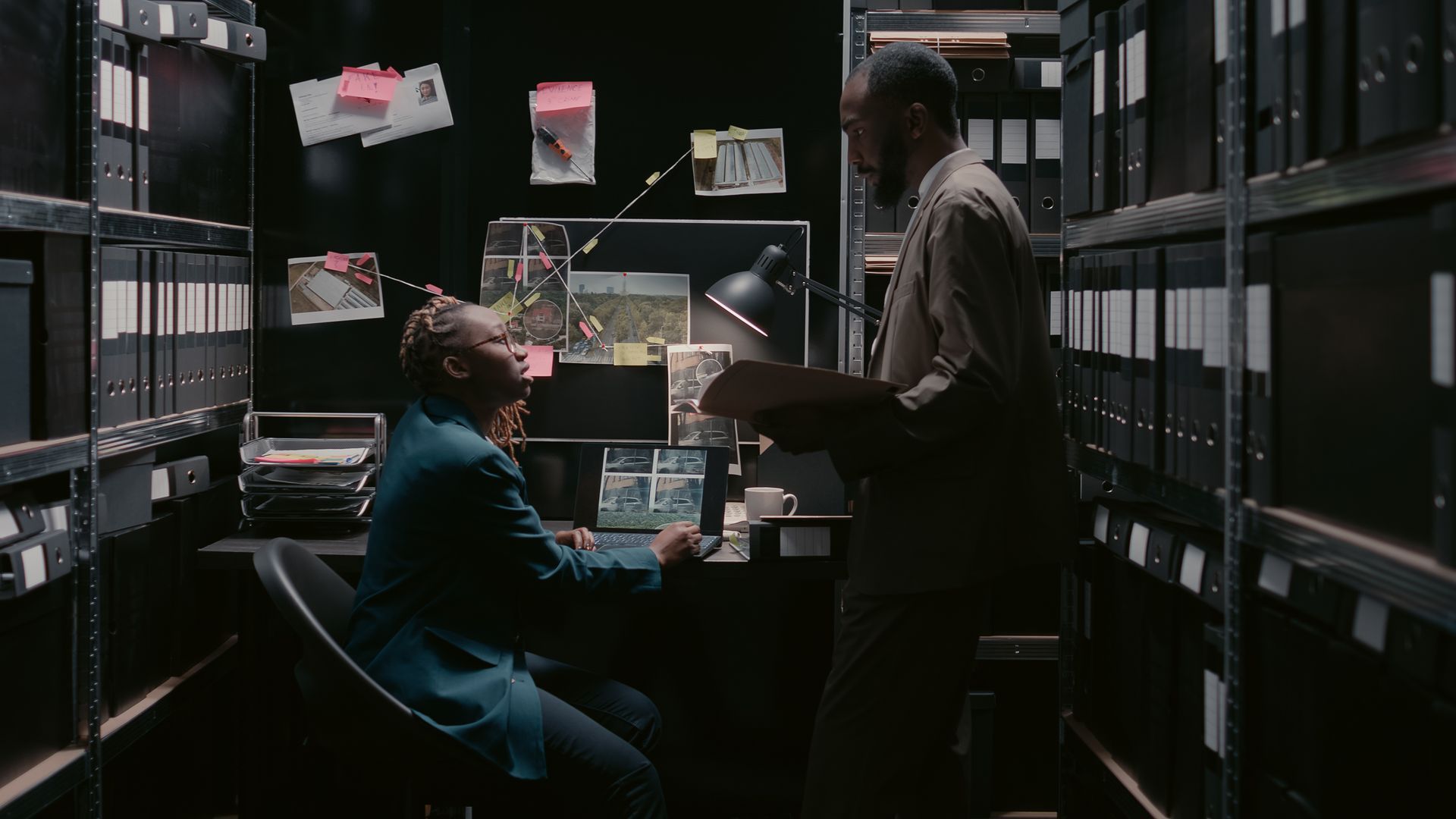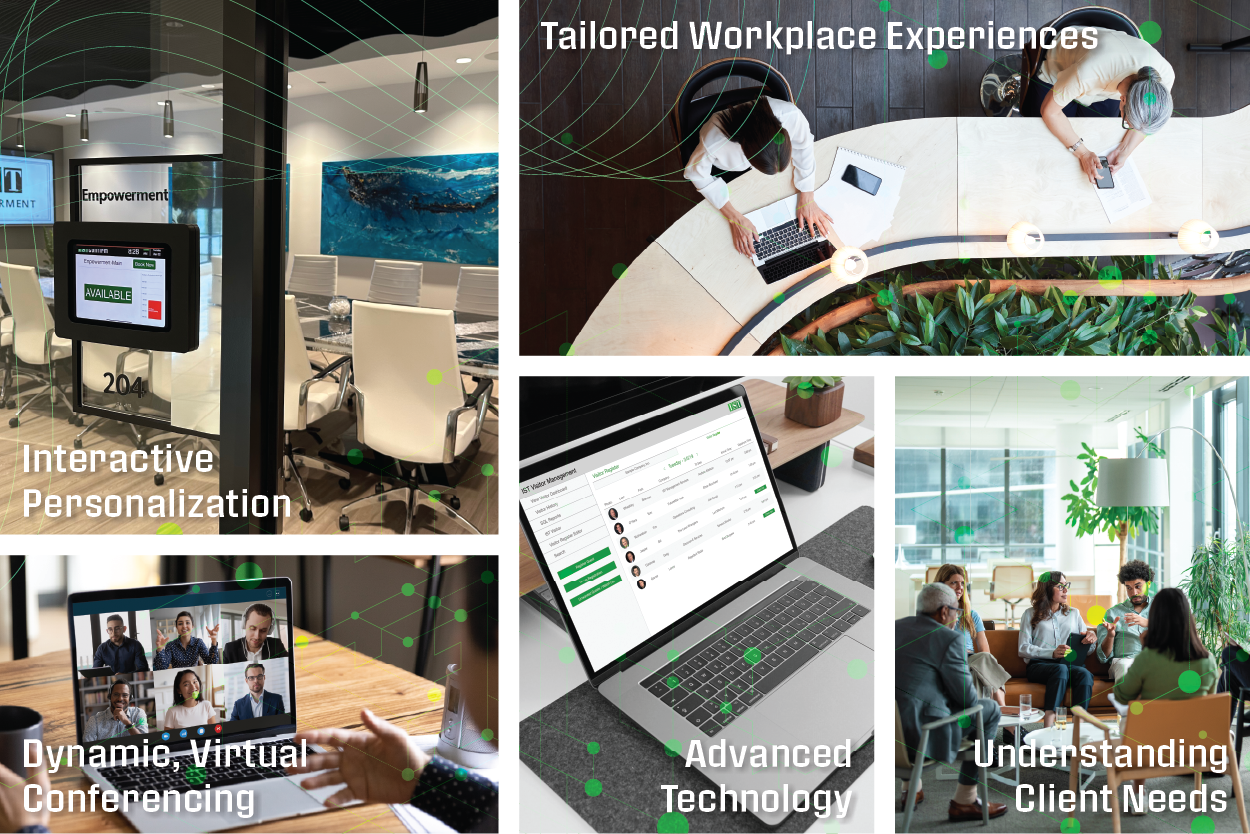How to Talk About AI
Innovate & Integrate
The legal landscape is evolving rapidly, driven by the rise of Artificial Intelligence (AI) in litigation. As data continues to explode in our digital era, legal experts face the challenge of managing vast amounts of information. AI emerges as a vital ally, unraveling insights from data to support intelligent decision-making.
Despite its crucial role, AI discussions in litigation can seem complex, leaving professionals unsure where to begin. This article is IST's guide to demystifying AI, with our five key takeaways to dive into and start strategizing it for your operation.
1. AI by Another Name
For those immersed in the world of litigation, the advent of AI may appear to be a recent phenomenon. However, AI's involvement, particularly in eDiscovery, has been a silent yet powerful force for many years. Technology-Assisted Review (TAR), a form of machine learning, represents one of the earliest AI applications in the legal field. TAR employs algorithms to predict the relevance of documents, streamlining the often laborious process of document review. By recognizing these existing AI applications under different monikers, legal professionals can ground themselves in the knowledge that AI is an evolution rather than a revolution in their practice.
2. Starting Small is OK
Integrating AI can be intimidating, especially for smaller law firms with limited resources. However, it's crucial to understand that adopting AI in litigation need not be an all-or-nothing endeavor. Small, incremental steps are not only acceptable but are often the most practical approach. Auditing which areas of your practice could most benefit from AI intervention can provide a clear starting point. For example, a firm regularly handling large-scale commercial litigation might prioritize AI solutions that ease the burden of document management, whereas a smaller firm might initially focus on AI tools for case research and legal analysis.

3. AI Will Not Replace Your Job
A pervasive fear among many legal professionals is that AI will supersede the need for human expertise. However, the reality is quite the opposite. AI should be viewed as a complementary tool that enhances, rather than replaces, the work of legal teams. By accepting AI's role, professionals can leverage its capabilities to handle arduous, time-consuming tasks, allowing them to allocate their valuable time to higher-level strategic thinking and case preparation.
4. AI is Here to Stay
The discussion surrounding AI in litigation has evolved from mere speculation to practical application. Firms that have yet to engage with AI technology must come to terms with its permanence in the legal sector. Looking to the future, it's clear that AI in litigation will only become more sophisticated and widespread. Accepting this reality empowers legal professionals to make informed decisions about the technology and begin laying the groundwork for its future integration within their practice.
5. Outsourcing Is Your Guide
For legal professionals beginning their AI journey, outsourcing to experienced eDiscovery providers can be a strategic move. These providers offer not only advanced AI tools and technology but also expertise in implementing and utilizing these innovations. By outsourcing specific tasks or projects, IST Management can help firms explore AI's potential while remaining focused on their core competencies. This approach ensures a smooth transition to integrating AI within your workflow and allows for a scalable, cost-effective solution.
AI is not the future; it's the present reality of litigation. Engaging in discussions, educating oneself, and strategically adopting AI tools keep legal professionals relevant and enhance their capabilities. By acknowledging and actively addressing AI's role in litigation, professionals can maintain a competitive edge and deliver superior service to their clients. Embrace the conversation - dive in, absorb, and harness the power of AI to enhance your operation!






